Nowadays, “sleep” has become a significant obstacle affecting physical health. Statistics show that the overall sleep duration in our country is generally short, with an average sleep time of only 6.75 hours, and 28% of people sleep less than 6 hours at night.
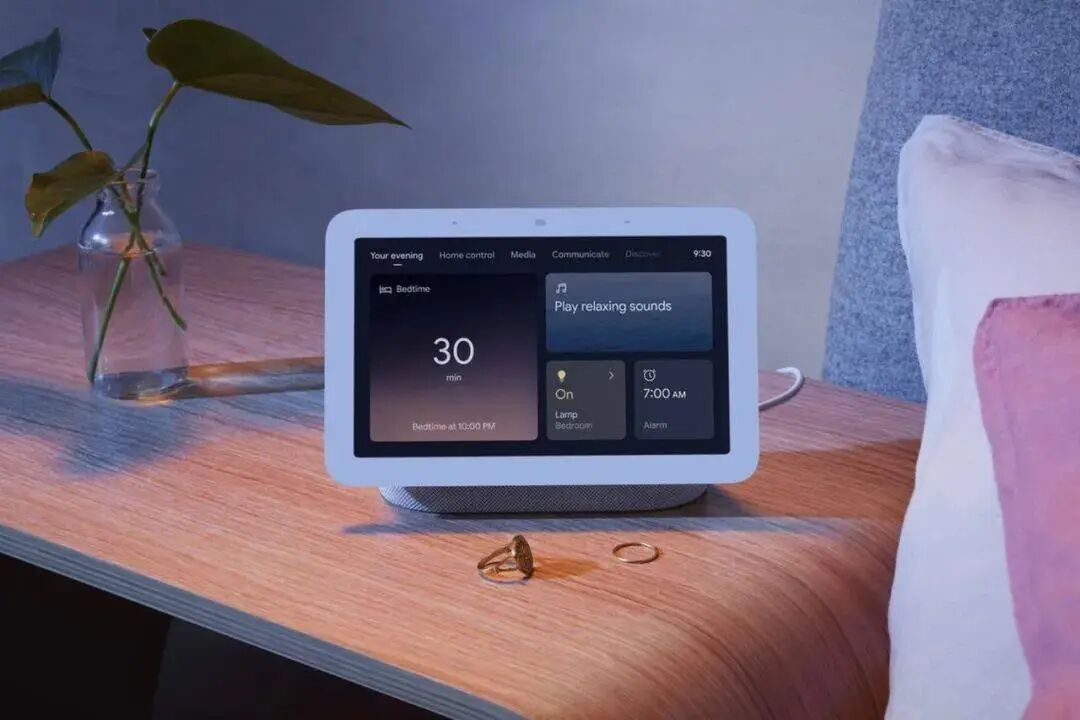
However, some people believe that the amount of sleep is not the main issue, but rather that good sleep quality is what matters. Using smartwatches and fitness bands to monitor sleep quality can help us better understand our sleep status.
Upon waking up the next morning, one can simply lift their wrist to see detailed data on sleep duration, light sleep duration, deep sleep duration, etc., displayed on the watch or band. Moreover, some smartphones can also provide this information.
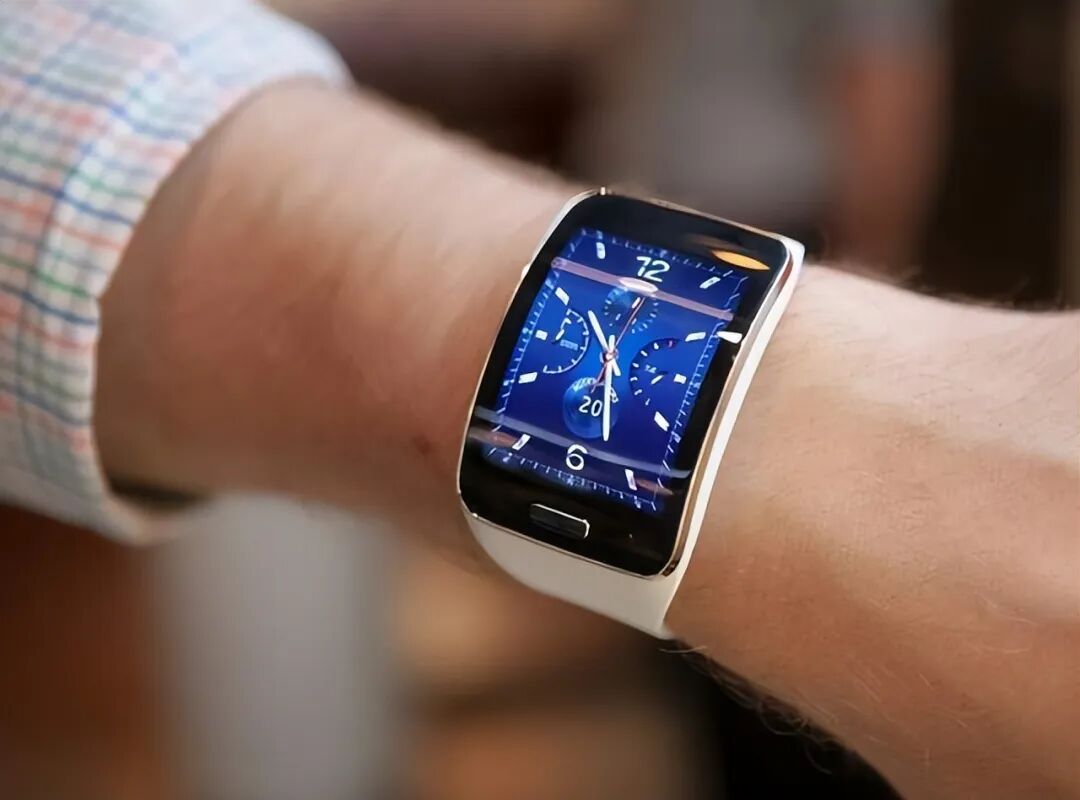
So, is it really reliable to assess sleep quality using smart devices?
From the principle of smart devices, both smart bands and smartwatches can achieve sleep monitoring. They primarily rely on the collaboration of various built-in sensors, capturing the subtle movements of the wrist. Once we fall asleep, the accelerometer detects wrist movements, which serves as an important basis for determining sleep.
Some may argue, do people move during deep sleep? Indeed, when a person enters deep sleep, their body is almost completely still, resulting in very few recorded movements by the accelerometer. At this point, smart devices can accurately determine that the person is in a deep sleep state.
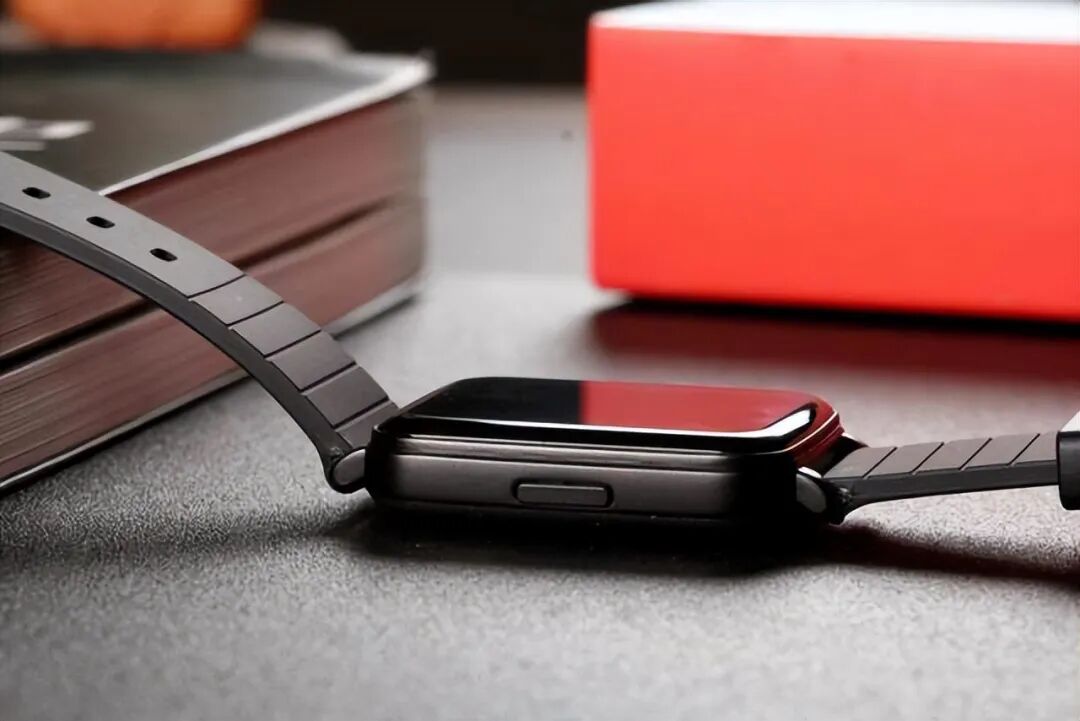
Additionally, some sleep monitoring bands utilize photoplethysmography technology. The back of the band emits green LED light and receives reflected light through a photodetector.
This means that while a person is sleeping, their heart continues to beat, causing the blood vessels to undergo rhythmic contractions and relaxations. When the heart contracts, it absorbs the most green light, resulting in less light being reflected back to the sensor.
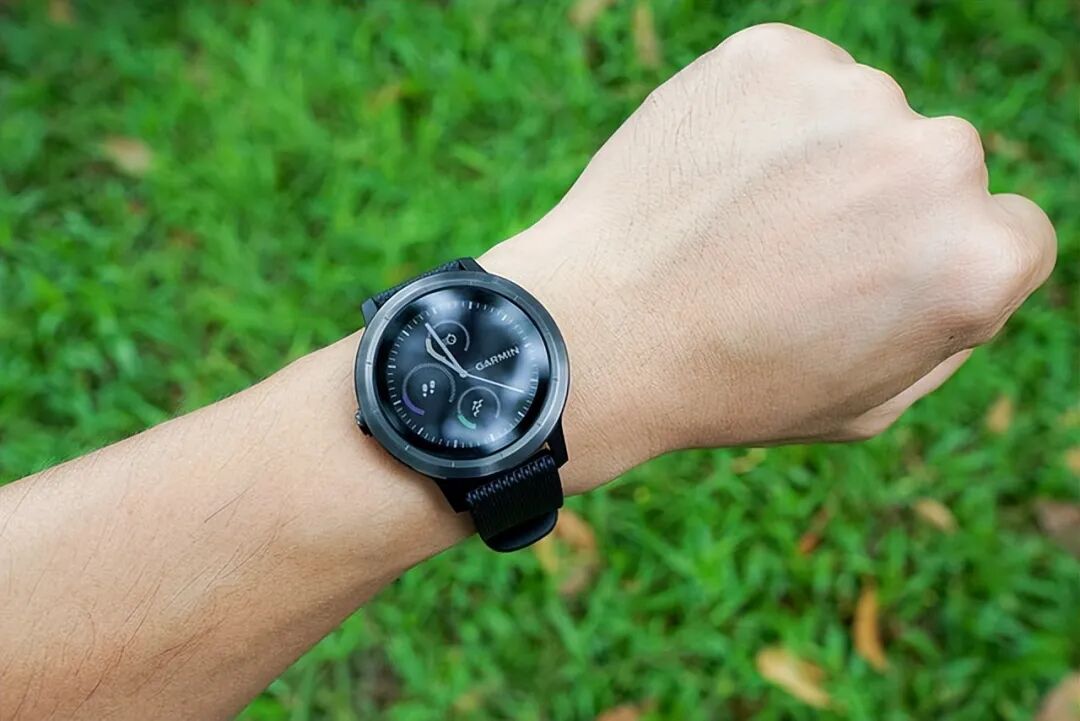
Conversely, when the heart relaxes, it absorbs the least green light, resulting in more light being reflected back to the sensor. This allows for the determination of the sleep state during the sleep process.
Furthermore, other smartwatches and bands, due to their comprehensive functionalities, can provide important data for sleep quality assessment by monitoring blood oxygen saturation when equipped with blood oxygen sensors.
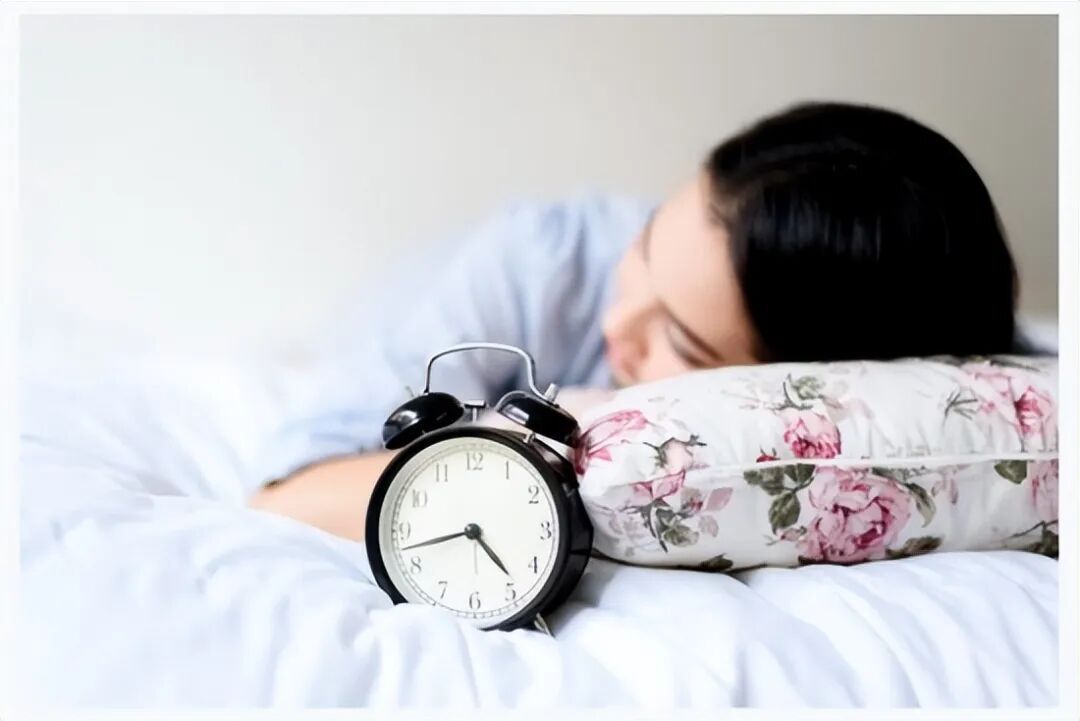
Therefore, while smartwatches and fitness bands have certain value in sleep monitoring, they also have limitations and should be used as an auxiliary tool in daily life. If one experiences symptoms such as general fatigue, exhaustion, dizziness, or headaches, it is important to seek medical attention promptly.